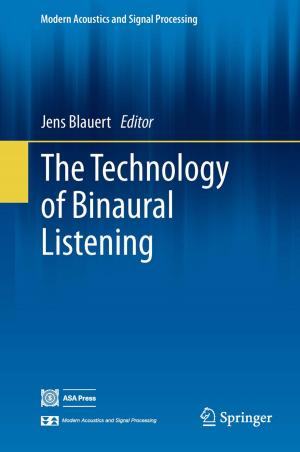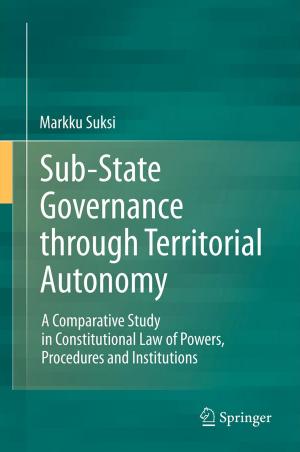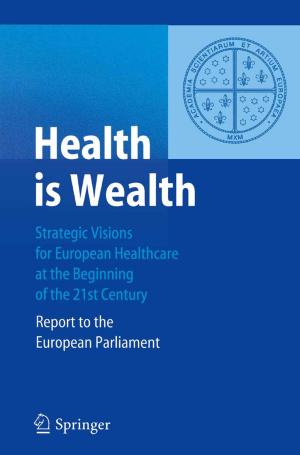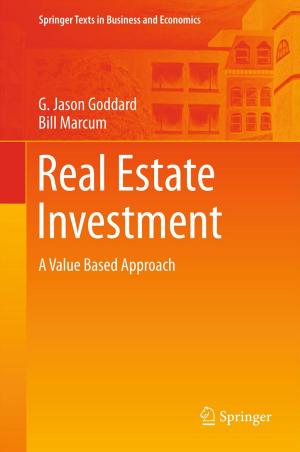| Author: | Pengcheng Song | ISBN: | 9783642550935 |
| Publisher: | Springer Berlin Heidelberg | Publication: | April 21, 2014 |
| Imprint: | Springer | Language: | English |
| Author: | Pengcheng Song |
| ISBN: | 9783642550935 |
| Publisher: | Springer Berlin Heidelberg |
| Publication: | April 21, 2014 |
| Imprint: | Springer |
| Language: | English |
By retrieving entries from the financial-data vendor Wind and collecting relevant data from private placement statements, the author builds a proprietary database and studies five aspects of private placement in China. He examines which listed firms are more likely to choose private placement over SEO in refinancing; he looks into the controlling shareholder’s decision on whether or not to purchase privately placed shares; he investigates how the offer discount is determined; he calculates announcement periods for abnormal returns on private placements. Where the abnormal return is significantly positive, he documents positive long-run abnormal return on private offerings and evidence supporting the under-reaction hypothesis. Finally, he concludes that the largest shareholders tunnel by means of excess discounts from which they benefit but which is harmful to other shareholders.
By retrieving entries from the financial-data vendor Wind and collecting relevant data from private placement statements, the author builds a proprietary database and studies five aspects of private placement in China. He examines which listed firms are more likely to choose private placement over SEO in refinancing; he looks into the controlling shareholder’s decision on whether or not to purchase privately placed shares; he investigates how the offer discount is determined; he calculates announcement periods for abnormal returns on private placements. Where the abnormal return is significantly positive, he documents positive long-run abnormal return on private offerings and evidence supporting the under-reaction hypothesis. Finally, he concludes that the largest shareholders tunnel by means of excess discounts from which they benefit but which is harmful to other shareholders.















